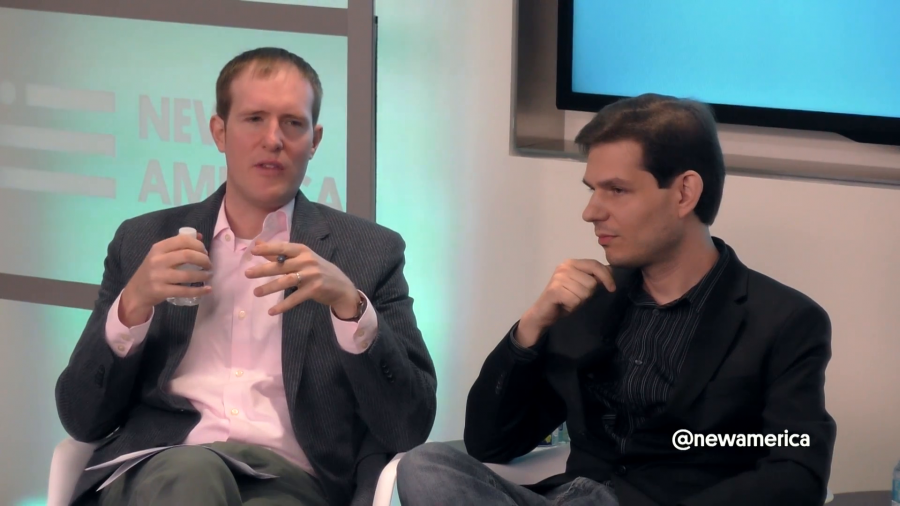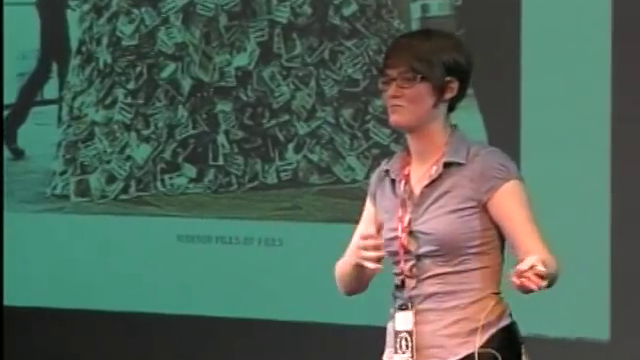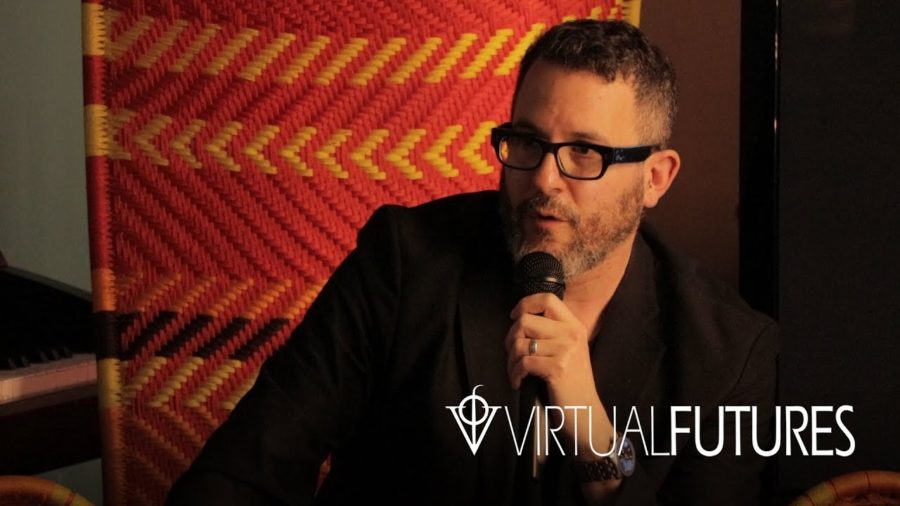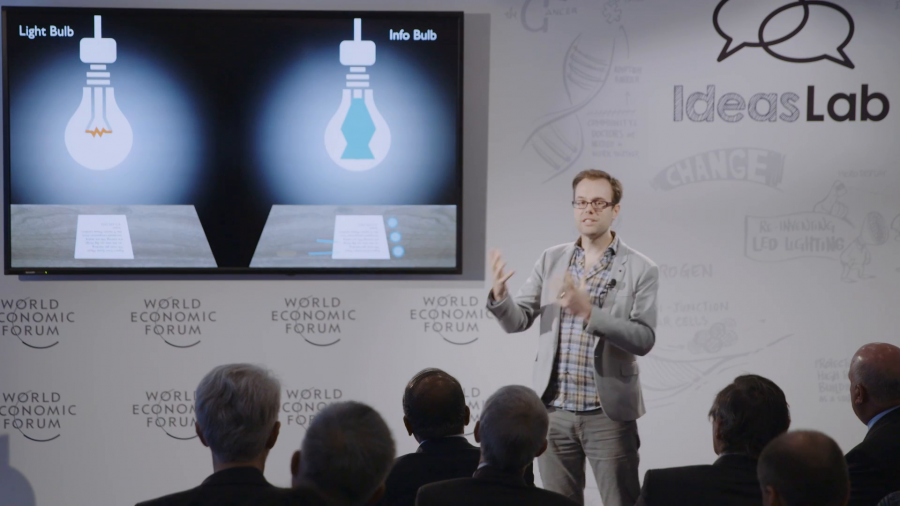I am profoundly envious of people who get to write about settled domains or sort of settled states of affairs in human events. For me, I was dealing with a set of technologies which are either recently emerged or still in the process of emerging. And so it was a continual Red Queen’s race to keep up with these things as they announce themselves to us and try and wrap my head around them, understand what it was that they were proposing, understand what their effects were when deployed in the world.
Archive

A lot of the science fiction I love the most is not about these big questions. You read a book like The Diamond Age and the most interesting thing in The Diamond Age is the mediatronic chopsticks, the small detail that Stephenson says okay, well if you have nanotechnology, people are going to use this technology in the most pedestrian, kind of ordinary ways.

When you look at your online profile, is that really you? It’s a representation of you that can be acted on when you’re not there. But where do you end and the machine begins? The thing is that humans and technology have coevolved with each other over time, being very very cocreative. We have survived because of technology, and technology has survived because of us.


